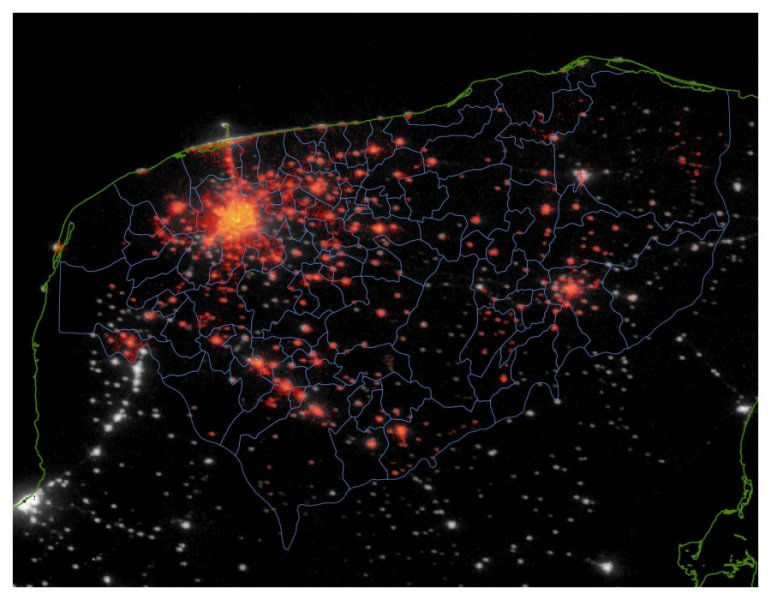While no dengue vaccine has yet been approved for general use, several candidates are in clinical development. Data from the clinical trials can be used in mathematical models to estimate the benefits and risks and of different vaccination strategies.
A study published in PLOS NTDs suggests that even a moderately efficient dengue vaccine–if it induces long-lasting immunity–can substantially reduce disease burden. However, if immunity wanes over time, vaccination could cause years with higher numbers of sick people, unless the initial vaccination is followed by regular boosters.
Dengue disease is on the rise and presents unique challenges for prevention and control. Disease incidence (i.e., the number of new cases per year) world-wide has consistently increased for the last five decades. Efforts in the post-DDT era to control the Aedes mosquitoes that transmit the virus have failed, and the virus has spread into new regions. There are four different subtypes of the dengue virus, individuals can be infected multiple times with different viral subtypes, and re-infection is associated with an increased risk for severe disease.
Thomas Hladish, from the University of Florida in Gainesville, USA, and colleagues focused their study on Yucatán state in Mexico because dengue is a serious problem there and detailed information on disease incidence exists. The researchers started by building a mathematical model based on the primary factors that influence dengue transmission.
These include mosquito population dynamics and behavior throughout the year, human movement and demography, the build-up of immunity following natural infection in the population over time, and the immune response following re-exposure.
For full article click here
Source: https://www.sciencedaily.com/



